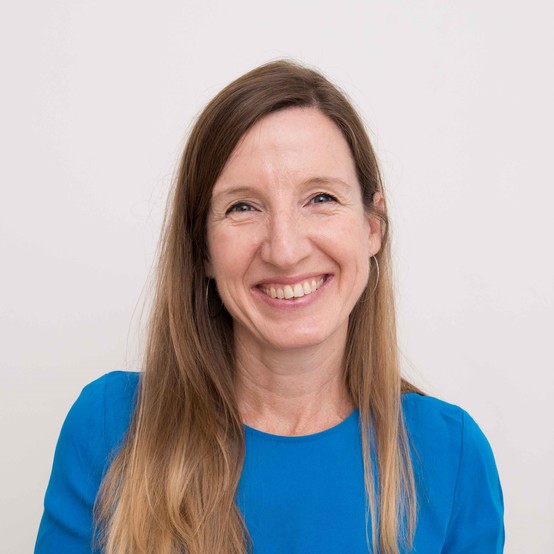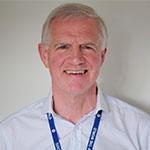Chair's Welcome and Introduction
 Renae Mann
Renae Mann
Executive Director of Services
The Refugee Council
• setting the scene - the importance of our mental health services for asylum seekers and refugees
• about the Refugee Council – championing the rights of refugees
• current key issues in asylum seeker and refugee mental health including the impact of Covid-19
Renae introduced her presentation by discussing what defines a refugee and the importance in recognising the perilous journey.
A chart visualising the different modern day stressors a refugee receives was shown emphasising the severe difficulties they face, including the loss of home. One of these more modern stressors is COVID-19.
Renae wanted the audience to understand the impact that the media has on our perception of refugees, particularly the adversity and dehumanisation that tabloids attempt to project.
Subsequently, she presented how The Refugee Council has several aims including establishing safety for refugees, providing peer support, respect & knowledge, providing education. The council prioritises delivering these principles with transparency and trustworthiness.
EXTENDED SESSION: Improving support and providing access to healthcare for refugees arriving in the UK, mental health crisis support, and meeting IASC Guidelines

Dr Peter Gough
Doctors of the World UK
part of the Médecins du Monde network
• Doctors of the World UK and our approach to improving mental health support for refugees
• barriers to accessing healthcare for refugees and how we seek to overcome these
• the ‘IASC Guidelines on MHPSS in Emergency Settings’ pyramid in practice
• responding to the MHPSS needs of Syrian refugees arriving in the UK
• learning from our work supporting refugees in transit and applying these lessons to the UK
• the importance of supporting volunteers and carers working with refugees
- Dr Peter Gough Biography 0.13 MBDOCXfile
- Dr Peter Gough Abstract 0.01 MBDOCXfile
- Presentation Slides 51.32 MBPDFfile
Peter started his presentation describing what Doctors Of The World do: providing access to healthcare for refugees arriving in the UK, mental health crisis support and meeting IASC Guidelines.
He presented the question: from a non-expert how do you handle huge amounts of trauma as someone without many extensive years of psychiatric study? As a professional he has encountered thousands of people with mental health struggles that there are not enough specialists to treat.
Further in, he emphasised that everyone in the UK is entitled to primary care regardless of their legal status - this is a lesser known fact. But this is different from secondary care, and refugees are exempt from this type of care which is often the kind they require: treatment for physical and mental trauma caused by torture for example would be rejected.
The NHS will treat people who need ‘urgent care’ but payment for such treatment would be sought after later, anything determined not urgent would be turned away, creating a further barrier for refugees to access treatments.
To try and tackle this, DOTW have produced a London clinic made up of volunteer doctors, nurses and caseworkers who will provide essential care to those who have fled conflict and discrimination or are homeless. They also have mobile pop-up clinics that work in collaboration with charities all over the UK.
